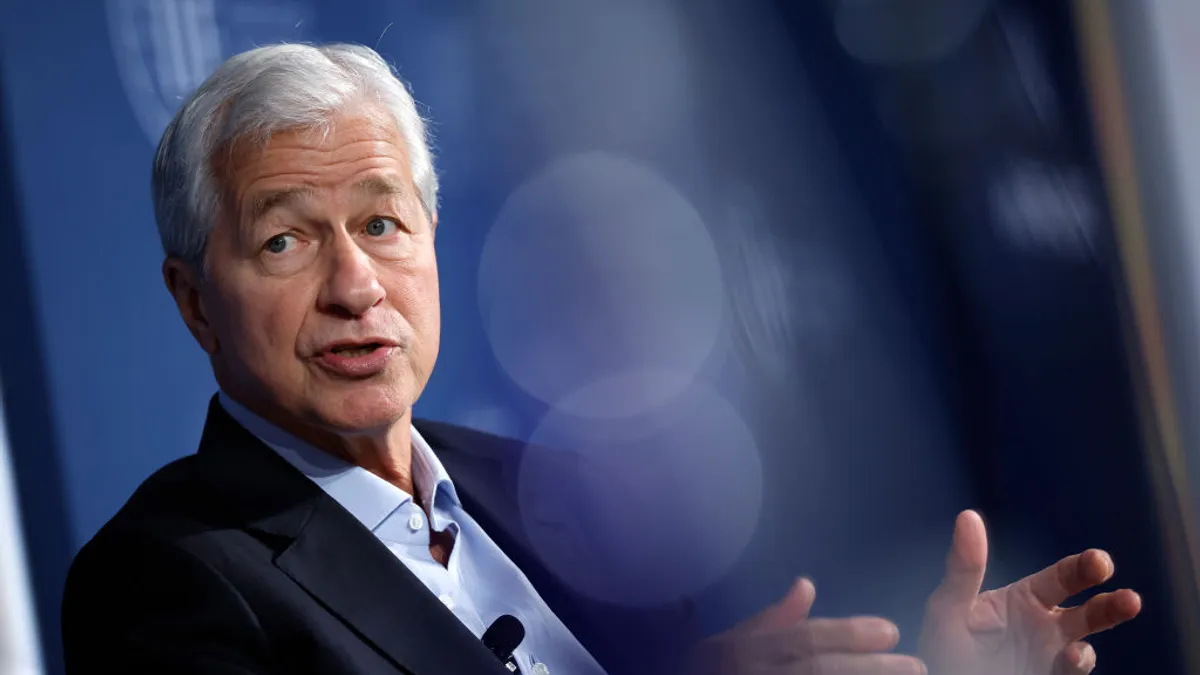Demand for technical talent is sky-high. That means companies need to quickly spot good candidates and hand them an offer letter.
The talent crunch is so strong that, in a review of three years worth of employment data, talent acquisition company iCIMS found U.S. companies could only fill six of every 10 open tech positions.
Hiring also requires time and resources. Bringing an app developer aboard takes around 80 days from job posting to start date, according to the upcoming report from iCIMS.
What these stats mean for managers is that, while companies are called upon to act quickly when a candidate applies, they must also pick the candidates with the most potential.
Managers are tasked with getting as complete a picture as they can when interviewing candidates. They need to get straight to the insight.
Here are questions candidates will have to face when looking for a job at some of the leading names in tech:
1. A sense of purpose
Ana Recio, EVP of global recruiting at Salesforce, said if a candidate is excited about answering her go-to question, that means they have potential.
It's simple, but open ended: "What is your purpose?"
"This question empowers candidates to think beyond what their day to day will be," said Recio, in an email to CIO Dive. "We believe that the business of business is to improve the state of the world and we want leaders who are not just looking to be extraordinary professionals, but who also want to make an impact in this world."
2. Career pathing
SAP likes candidates who show up at interviews with a clear long-term career picture because it implies ambition.
"We would ask how they see their career trajectory evolving and how SAP could support them in reaching their career goals," said Roopesh Panchasra, VP of global executive recruiting at SAP.
According to Panchasra, the reply from candidates can also show if they're self-aware enough to identify development opportunities for themselves.
3. Favorite mistake?
A classic interviewer move that tends to put candidates on the spot is asking about their less-than-stellar moments.
"If a growth mindset is an important part of your culture, like it is here at SurveyMonkey, a great question to consistently ask would be, 'tell me about a professional failure you have experienced,' said Sasa Ferrari, head of talent acquisition at SurveyMonkey.
In their responses, Ferrari looks to understand what happened, what candidates learned from it, and what they've done differently since because of their failure.
4. Times of change
Candidates are more than lines on a resume. They didn't form their career in a vacuum and suddenly showed up at the interview, but instead made decisions that led them to that moment.
"I like to ask candidates about their emotional intelligence, going beyond just their resume and into their story," said Laurent Bride, COO and CTO at Talend.
To take a deeper look at a candidate's experience, Bride typically asks: "What are some of the big challenges and transformations you've gone through in your career?"
This approach is how Talend taps into a diversity of traits and skills that builds a strong culture, Bride said.
5. In search of resiliency
Phil Haynes, head of global talent acquisition for Zoom, said he tasks hiring managers at the video-focused communications company to look for resiliency and what he calls a "growth mindset."
With that in mind, Zoom candidates will have to answer this question: "Tell me about a time of adversity or challenge and how you overcame it. What did you learn from the situation?"
"Ideally the candidate has a good example of having to push through an adversity/challenge and the learning they relate shows an ability to introspect and adjust," Haynes said.
6. When questions become stories
Data analytics company Looker has a method to flip interview questions into one cohesive narrative centered around candidates and the values that drive them.
Jennifer Rettig, vice president of recruiting at Looker, said interviewers use a strategy called STAR, an acronym for situation, task, action and result.
"It turns one question into a full story and an interactive conversation where if the interviewer is listening actively, there should be multiple probes and follow-ups to get to the specifics," Rettig said.
Essentially, this method lets Looker ask about the who, what, when and where, while listening for the how.
In the ideal new hire, Looker wants empathy and alignment with a company value they call "check your ego."
7. The concept of success
At business communications company Intermedia, candidates better come prepared to answer this question clearly: "How do you define success for yourself and what drives you every day to achieve?"
"It is critically important to understand what the true motivators are of a candidate and what standard they hold themselves to," said Elizabeth Mye, global VP of human resources at Intermedia. "By asking how they define success, provides insight into quality of work and the core behaviors that define the candidate."
In their answers, Mye said Intermedia wants to hear examples of aptitude, fortitude, intelligence, adaptability, ability to learn and cultural fit that match the role.
Candidates can use the question to highlight the habits that led to their successes.























